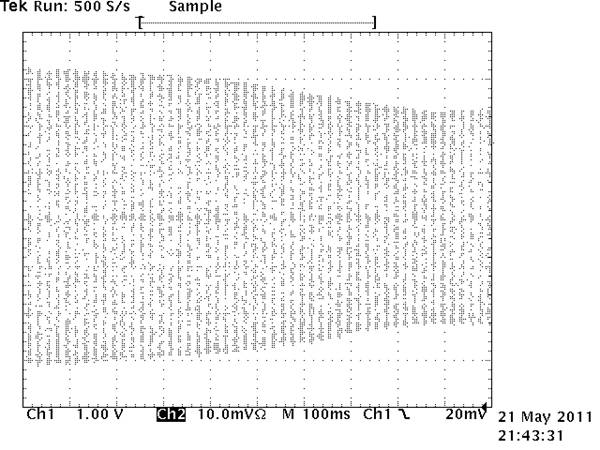
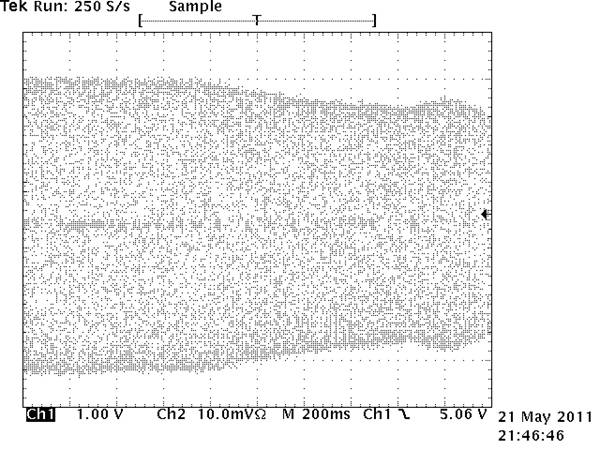
Tek P6139A vs TEXAS TX6150
The purpose of this comparison is to find out how well (or bad) a cheap "Chinaprobe" will work on a TDS scope.
Screen shots on the left are from a TDS544A (500 MHz) and on the right from a TDS784A (1 GHz).


The two pictures above show the scopes and generator only. 1 MHz - 500 MHz (50 MHz/div) on the TDS544A and 1 MHz - 1 GHz on the TDS784A (100 MHz/div) .
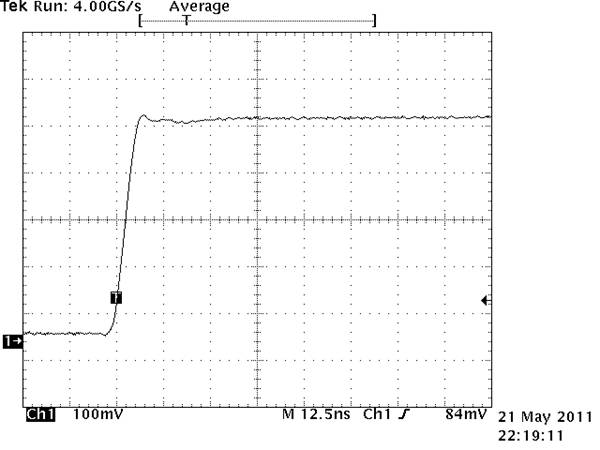
The pictures on the right show the two extremes of the upper HF adjustment of the TX6150.
It interacts with the LF adjustment so the proper sequence would be to start with this one
The input signal is 1 kHz
squarewave with appr. 6 ns risetime.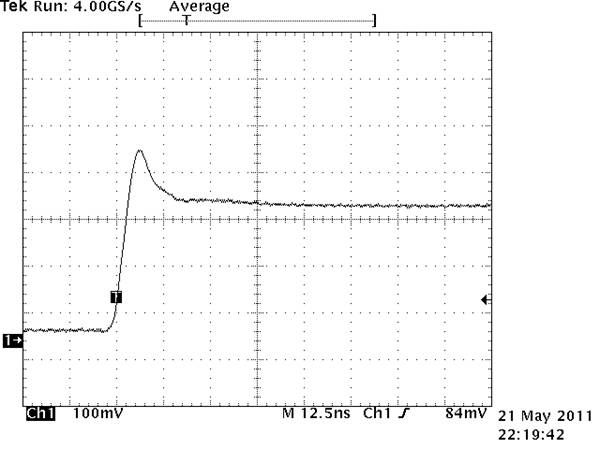
Step response:
The input signal is a pulse with about 70 ps rise time. The response is shown with
the best possible HF adjustment of the probes.
TX6150:
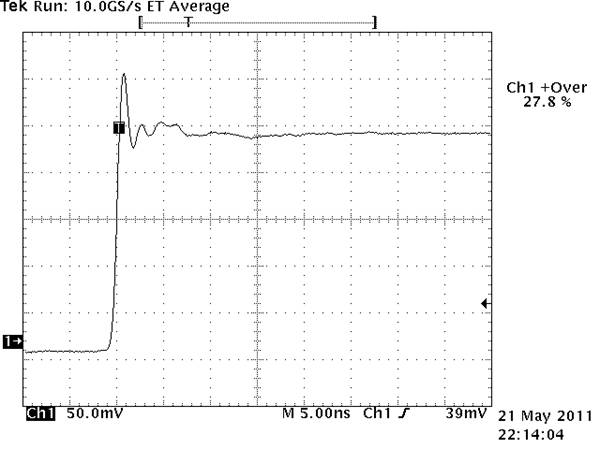
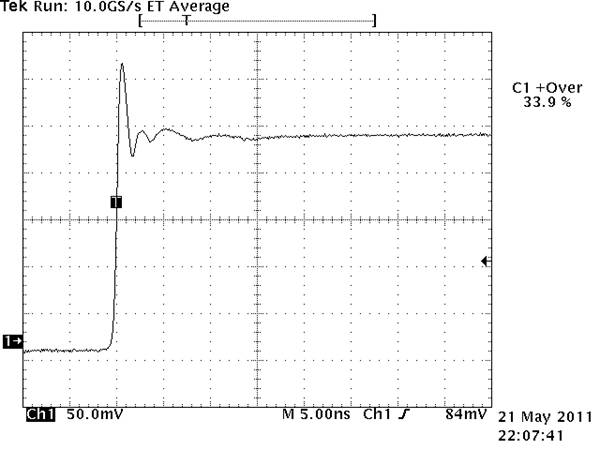
P6139A:
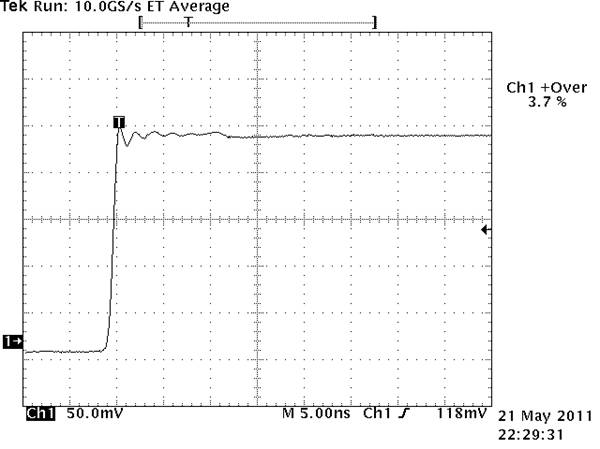
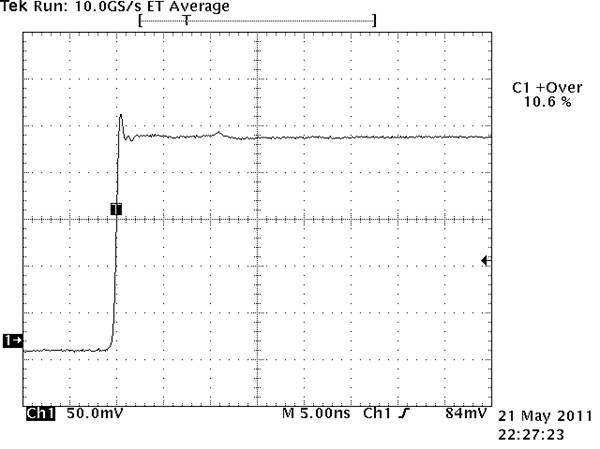
Frequency response:
The input
signal is a sinewave, 1 MHz - 500 MHz for the TDS544A and 1 MHz - 1 GHz for the
TDS784A The probe adjustments are the same as for Step Response
Note that the
ref amplitude @ 1 MHz is little over 4 divisions and not 6 divs which is more
commonly used. Had to do it this way otherwise the TX6150's response
would have exceeded the vertical range.
TX6150:
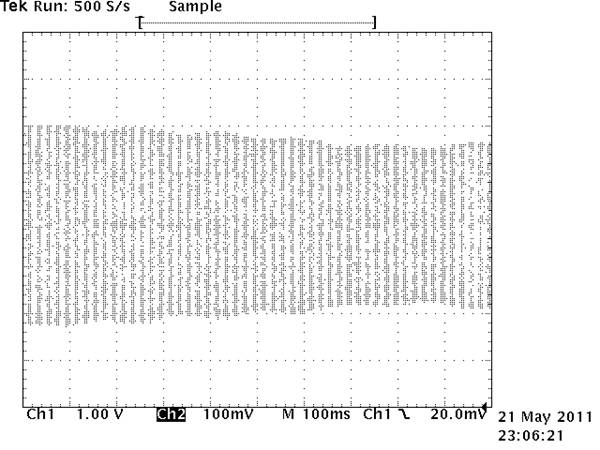
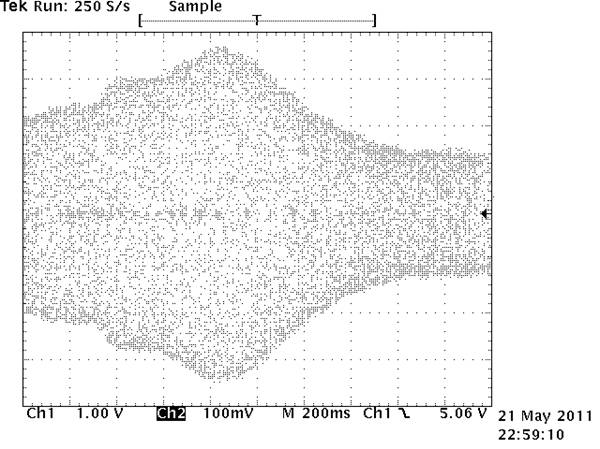
P6139A:

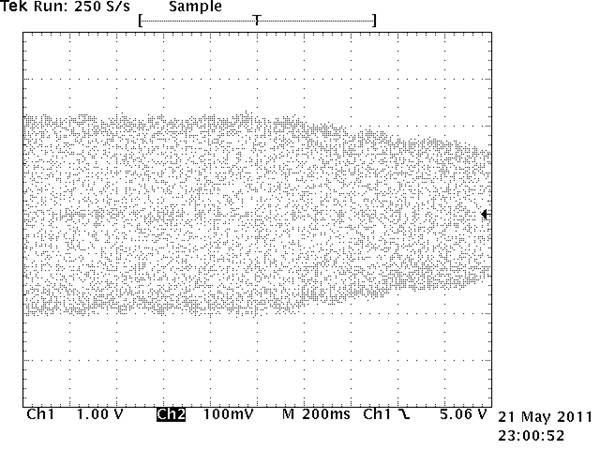
X10 Attenuation: With
1.0 V DC on the
tip and the compbox connected to a 10 MOhm DMM in parallell with a resistor
(1.11 MOhm)
resulting in 1.00 MOhm both measured 100.0 mV.
Signal sources and adapters:
Tek PG5110, Tek284, R&S SME03 and a Fluke 5101B.
On the 284 a GR to probe 50 Ohm
terminator was used for the TX6150 and for the P6139A a GR to BNC + a BNC to
probe 50 Ohm terminator was used.
On the PG5110 and SME03 a feed thru BNC
terminator and the supplied BNC to probe adapter was used for the TX6150 and for
the P6139A a BNC to probe 50 Ohm terminator was used.
Conclusion: As expected
the Tek probe which is taylor made for the TDS scopes performs a lot better than
a cheap general purpose probe. However up to 150 MHz the TX6150 seem quite OK
but I leave it up to you to decide whether it is usable or not.
/May 2011, Håkan H
Email me with comments. /Håkan
Home / Go back